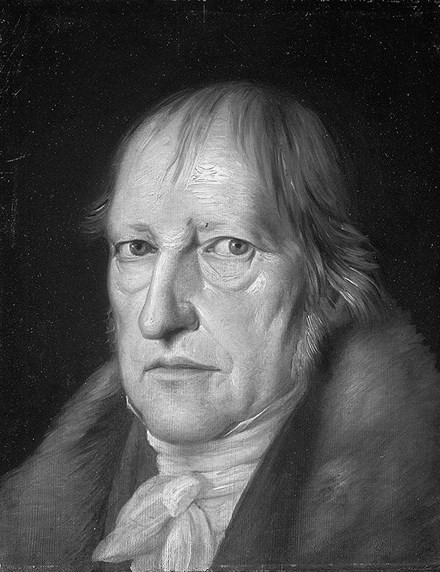
Publication details
Publisher: Springer
Place: Berlin
Year: 2002
Pages: 379-389
Series: Vienna Circle Institute Yearbook
ISBN (Hardback): 9789048159765
Full citation:
, "The poverty of "constructivist" history (and policy advice)", in: History of philosophy of science, Berlin, Springer, 2002


The poverty of "constructivist" history (and policy advice)
pp. 379-389
in: Michael Heidelberger, Friedrich Stadler (eds), History of philosophy of science, Berlin, Springer, 2002Abstract
"I urge that we turn Kuhn on his head and demonstrate that a paradigm is nothing more than an arrested social development." (K402) Notwithstanding the long debate to which The Structure of Scientific Revolutions has given rise since its publication in 1962, this quote from Steve Fuller's assessment of its author's legacy suggests an original if controversial project: may a better understanding of science arise from the ashes of idealist historicism! Yet rather than furnish the Marx to Kuhn's Hegel, Fuller but manages a pastiche of Proudhon, as it were, which calls for another inversion of titles as rejoinder in turn. There can be no doubt that some very important issues are raised in this book, but just as this reader's expectations were dashed in its course, so the issues end.up curiously diminished; given the significance of the subject matter, it is of interest to find out why.
Cited authors
Publication details
Publisher: Springer
Place: Berlin
Year: 2002
Pages: 379-389
Series: Vienna Circle Institute Yearbook
ISBN (Hardback): 9789048159765
Full citation:
, "The poverty of "constructivist" history (and policy advice)", in: History of philosophy of science, Berlin, Springer, 2002



